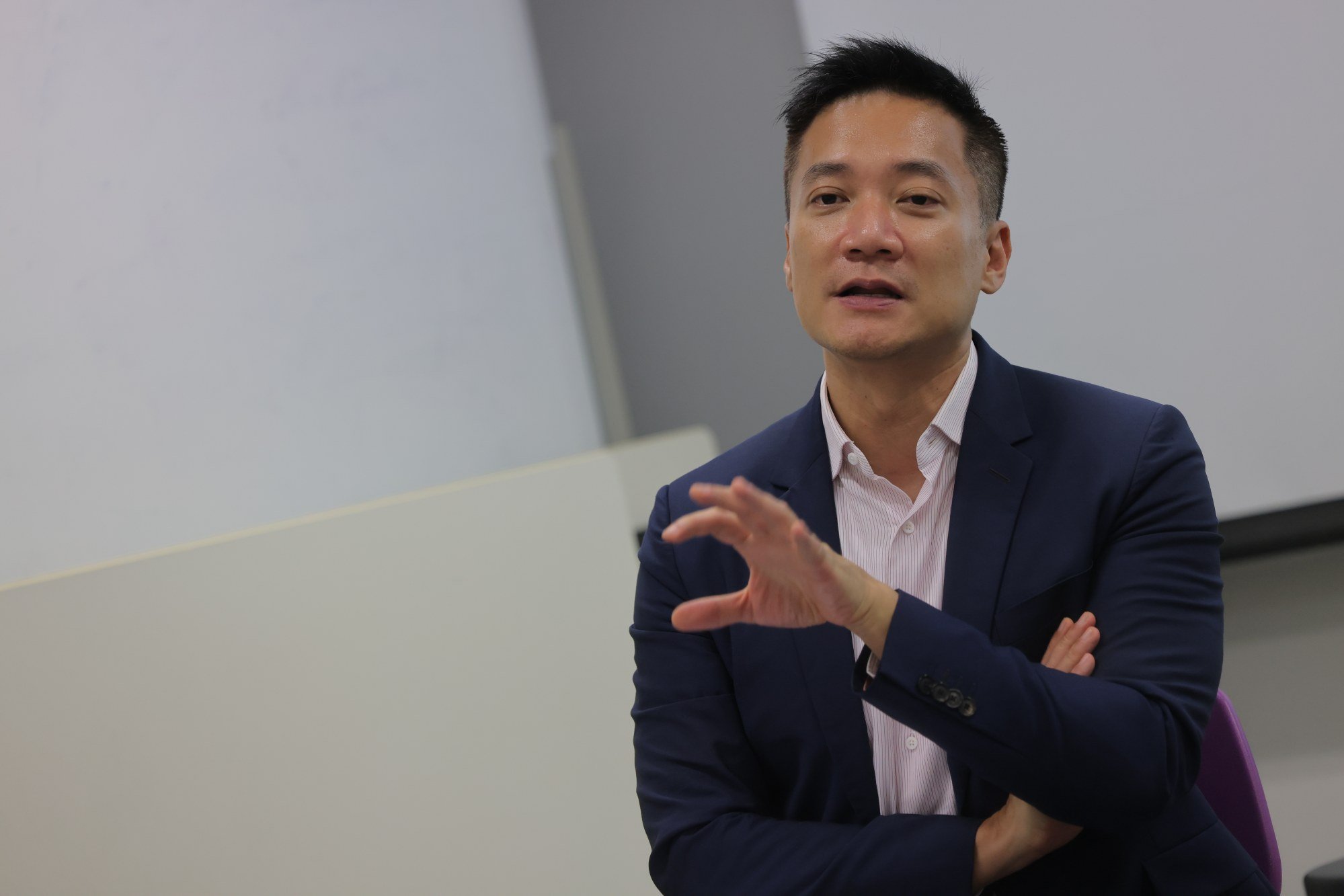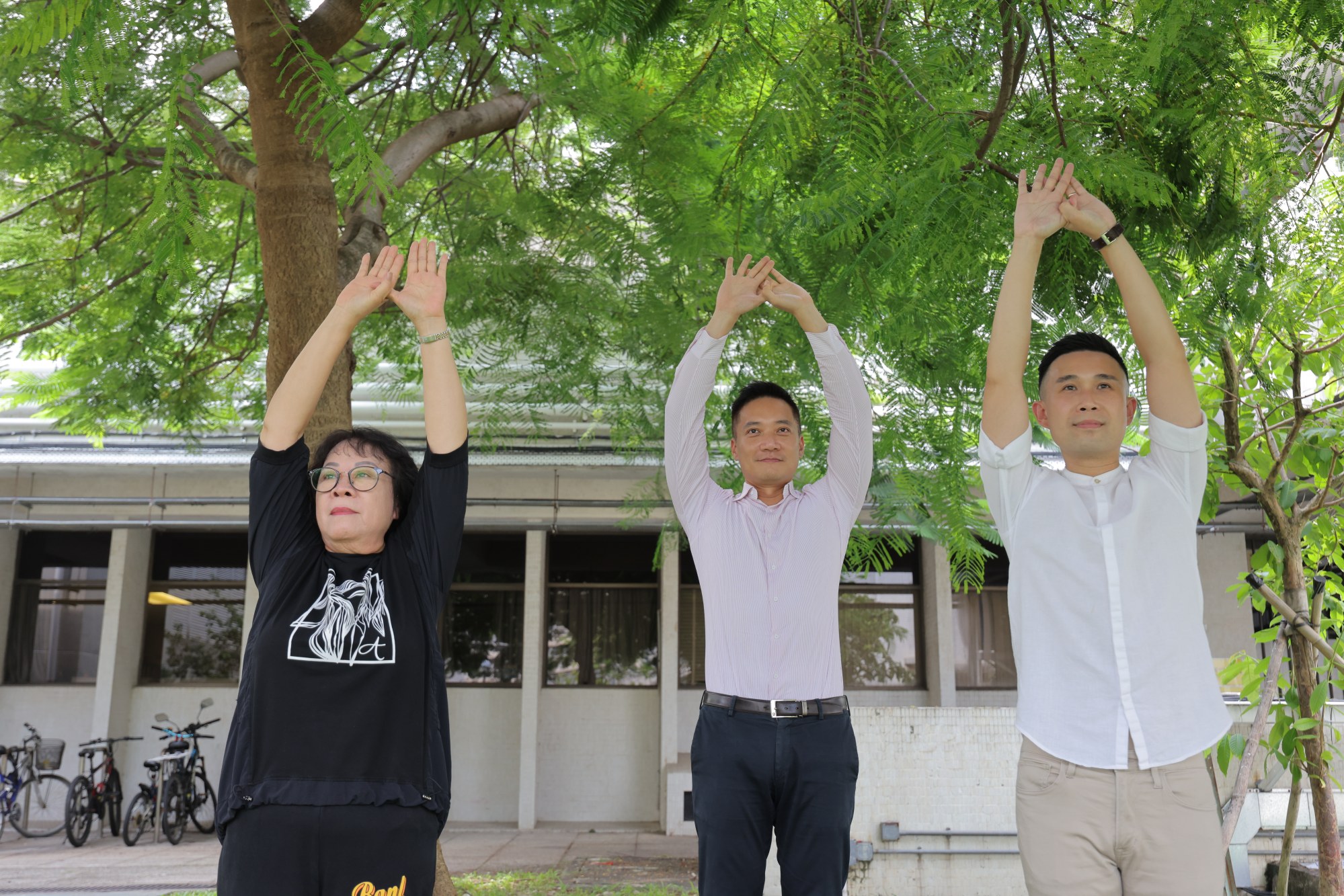
Hong Kong primary healthcare system should offer more subsidised services for mindfulness as part of patient options: expert
- Meditation-type therapy said to be useful for people with depression, anxiety, insomnia, substance abuse
- Mindfulness services could be part of options at 18 government-backed district health centres or express stations, Professor Samuel Wong of Chinese University says
Professor Samuel Wong Yeung-shan, director of Chinese University’s Thomas Jing Centre for Mindfulness Research and Training, said there should be more subsidised services on mindfulness under the city’s primary healthcare to offer patients more options.
He said it was difficult for beginners to learn mindfulness even if they were aware of the benefits. Private sessions were available at around HK$4,000 to HK$5,000 (US$511 to US$638) for eight classes.
“There are currently no services for mindfulness … you would need to pay for classes in mindfulness but then this is a barrier,” said Wong, who heads the university’s school of public health and primary care.
‘Listen to your inner silent scream’: Hong Kong mental health recovery stories
Mindfulness is a type of meditation involving breathing methods to help individuals become intensely aware of sensations and feelings.
Previous studies have suggested that mindfulness could be an alternative to antidepressants for people with symptoms of recurrent depression.
Chinese University’s centre, which opened in 2018, provides mindfulness training and services, and conducts research. So far, more than 24,000 people have attended classes and training offered by the centre, including free online workshops.
Mindfulness services could be offered at the 18 government-backed district health centres or express stations to give people one more option for a holistic approach to caring for their health, he said.

The district-based facilities aim to educate the public on managing their health, with plans to provide mental health assessments too.
There was heightened awareness of the need for such services following a tragic incident in June when a man allegedly stabbed two women to death in a shopping centre.
The Hospital Authority at the time said the suspect had received treatment at a public specialist outpatient clinic at Kwai Chung Hospital. He last visited the centre on March 7 and had been scheduled for a session days after the incident.
Wong also said that taking care of a patient’s mental health could help manage other chronic conditions. Past studies had shown that it could help those with depression, anxiety, insomnia and substance abuse, he added.
“A patient might have chronic diseases due to mental issues, or develop mental stress as they cannot control their chronic condition well,” he said.
Conditional discharge for more Hong Kong psychiatric patients proposed
The scholar said he hoped mindfulness could eventually be incorporated as one of the routine psychological interventions and used in counselling or rehabilitation programmes.
“Once a professional workforce and resource ecosystem related to mindfulness are established, it can be highly cost-effective, potentially helping the prevention of deterioration of common mental health problems and improve the overall mental well-being of the population,” he explained.
Stanley Chan Kam-chung, an instructor at the university’s mindfulness centre, said: “Mindfulness is training of the mind. When I focus on a certain point, I will not be led by random thoughts easily.”
“These stresses in life prompted them to look for ways to improve their mental health,” he said.

Retired florist Jenny Fung, in her 60s, recalled that she was troubled by a bout of high blood pressure and became depressed when medication did not help.
She joined a mindfulness programme after her doctor recommended it. While still on medication, her blood pressure began improving after she practised mindfulness for 10 days.
“I managed to calm down and could feel my own body and my breathing,” she said.
It took her around a year, practising three times a week, to bring her blood pressure back to normal and put her depression behind her.
Perpetual fear: why discharged psychiatric patients in Hong Kong walk on eggshells
Psychiatrist Ivan Mak Wing-chit said mindfulness was a non-pharmaceutical approach to addressing mental health issues and he had recommended it to patients, including those with anxiety, insomnia and eating disorders.
He noted that some people found that their negative feelings or thoughts intensified while practising mindfulness, so it might not be for everyone.
“It is one of the tools we should keep in the ‘mental health toolbox’,” he said.

